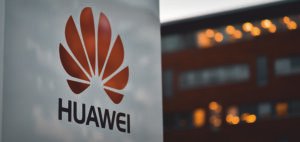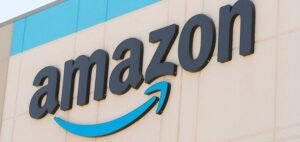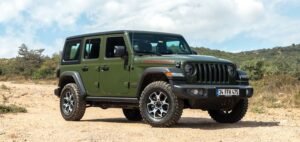Prime Highlight
- Tesla CEO Elon Musk revealed that production of the fully autonomous Cybercab will start in April 2026at the company’s Austin, Texas factory.
- Musk described the Cybercab as Tesla’s first vehicle built entirely for unsupervised self-driving, aimed at revolutionizing robotaxi transportation.
Key Facts
- The Cybercab will feature no pedals, steering wheel, or side mirrors, operating solely in autonomous mode.
- Musk said Tesla’s new 10-second assembly cyclecould enable the company to produce 2 to 3 million Cybercabs annually, a major leap in manufacturing efficiency.
Background
Tesla CEO Elon Musk announced that production of the company’s long-awaited autonomous vehicle, the Cybercab, will begin in April 2026 at its Austin, Texas, factory. Speaking at Tesla’s annual shareholder meeting, Musk described the Cybercab as the first vehicle built entirely for unsupervised, full self-driving, designed to operate as a robotaxi with no pedals, steering wheel, or side mirrors.
Musk said the Cybercab is “optimized for the lowest cost-per-mile” in autonomous mode and highlighted an advanced production process with a 10-second assembly cycle, far faster than the Model Y’s one-minute cycle. This improvement, he claimed, could allow Tesla to produce 2 to 3 million Cybercabs annually.
The announcement came shortly after shareholders approved Musk’s historic $1 trillion compensation package, the largest in corporate history.
However, the project faces challenges. Tesla has not yet proven that its vehicles can drive fully autonomously at scale. Musk’s remarks also contradict Tesla Chairwoman Robyn Denholm, who recently said the Cybercab would include steering controls as a backup.
Regulatory approval remains a key obstacle, as U.S. law requires exemptions for vehicles without standard equipment. Companies like Zoox and General Motors’ Cruise have struggled to secure such permissions, while Waymo continues to operate cars with traditional controls.
Despite potential roadblocks, Musk expressed confidence, saying regulators will have “fewer reasons to say no” as autonomous vehicles become more common.
Read Also : Lambda Signs Multibillion-Dollar AI Infrastructure Deal with Microsoft


